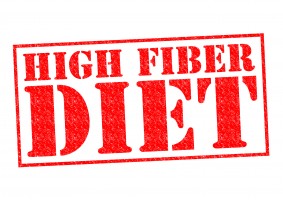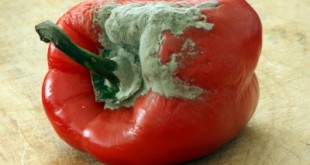There is more to fiber than meets the gut. Given their impressing list of benefits, high fiber diets are often recommended by healthcare practitioners. However, it might be wise to look at other aspects of fiber before loading up on psyllium seed husks.
There are two types of fiber: soluble and insoluble. Neither is able to be digested by the body. Soluble fiber forms a gel when combined with a liquid. Insoluble fiber passes through the intestines. Research indicates potential health benefits include blood sugar control, decreased risk of stroke and heart disease, weight loss and reduced risk of diverticulitis. But we must also look at the health of the gut when determining what type and how much fiber to consume.
Grains and “Leaky Gut” connection:
Many sing the praises of bran, whole grains and cereals as the best source of fiber. But according to Dr. Loren Cordain, professor at Colorado State University, eating grains may actually be damaging to the gut. Substances in grains may increase what is known as Leaky Gut Syndrome. Those with a leaky gut can experience bloating and abdominal cramping. It can also lead to fatigue, allergies, eczema and painful joints. When the proteins (gluten) that are in grains leak out of the intestines and into the bloodstream, they can contribute to a host of chronic conditions and autoimmune disorders. Eating a high fiber diet with a damaged gut can lead to disastrous results.
If the gut is not healthy (if it is filled with disease-causing bacteria and/or yeast), fiber can actually worsen digestive symptoms. The pathogenic organisms will multiply by feeding on the fiber. In this case, a temporary low fiber diet may be helpful.
Fiber from fruits and vegetables:
For those with healthy gut flora (healthy bacteria), the best source of fiber may be vegetables and fruit. Cucumbers, beans, nuts and blueberries are an excellent source of soluble fiber. These slow the digestion and help you feel full longer, thereby helping with weight control. Choosing dark green leafy vegetables, carrots, green beans and celery adds bulk to the digestive tract. This helps the food move more quickly for healthy elimination. Many whole fruits and vegetables contain both soluble and insoluble fiber. Nuts and seeds are also healthy sources of fiber. Organic is always preferred if it is available and if your budget permits.
“And God said, Let the earth bring forth grass, the herb yielding seed, and the fruit tree yielding fruit after his kind, whose seed is in itself, upon the earth: and it was so.”
(Genesis 1:11, KJV)
“He causeth the grass to grow for the cattle, and herb for the service of man: that he may bring forth food out of the earth.” (Psalm 104:14)
Which “fiber” fruits and vegetables would you consider to be your favorites?
 The Bottom Line, Ministries Christian News, Articles, & Poetry
The Bottom Line, Ministries Christian News, Articles, & Poetry 




